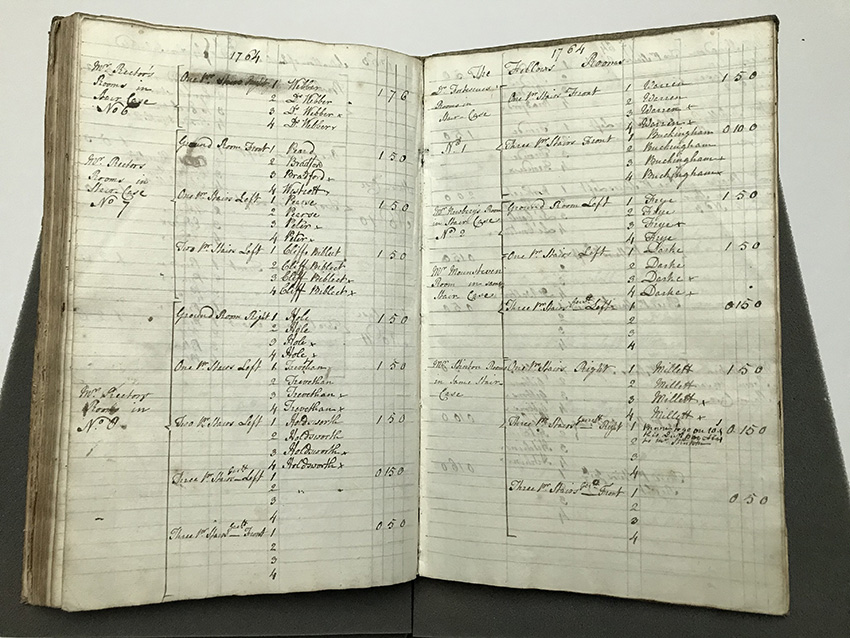Exeter College publishes research into legacies of slavery
Founded in 1314 by Devon-born Walter de Stapeldon, Exeter College has a rich history which spans more than seven centuries. Like many other higher education establishments in the UK, Exeter College recognises the need to bring greater scrutiny to its own institutional history. In consequence, in March 2020 the College’s Governing Body decided to commission research to determine the extent to which it had been involved in, or benefitted from, the slave trade, the use of enslaved or coerced labour, and any of its associated commercial practices.
That research is presented in the Exeter College and the Legacies of Slavery Project Report, now available to read here. The project director, Dr Dexnell Peters (formerly Bennett Boskey Fellow in Atlantic History at Exeter College and now Lecturer in Caribbean and Atlantic History at the University of the West Indies, Mona), and the project’s principal researcher, Dr Isabel Robinson (formerly Archives Assistant at Exeter College and now Curator at The British Museum), recently gave two talks online and at Exeter College about their findings and fielded questions from the audiences. Dr Peters highlighted that, while the number of people with connections to Exeter College and to the slave trade was small (45 in total, with the proportion of students on an annual basis with links to slavery never amounting to more than about three per cent of the total student population), the geographical spread was wide-reaching, with connections across the Caribbean region, particularly Jamaica. Similarly, Dr Robinson emphasised that while gifts to the College from people with links to slavery were not large, and made up a very small proportion of donations received over the period, the number of modest gifts indicated how widespread connections with slavery and the proceeds of slavery were in the United Kingdom in the 17th, 18th, and 19th centuries, including in higher education.
The Report throws fresh light on Exeter College’s history and is absorbing reading for anyone interested in the history and legacies of slavery.

The College’s register of chambers, which is kept in the College archive, was an invaluable research resource
